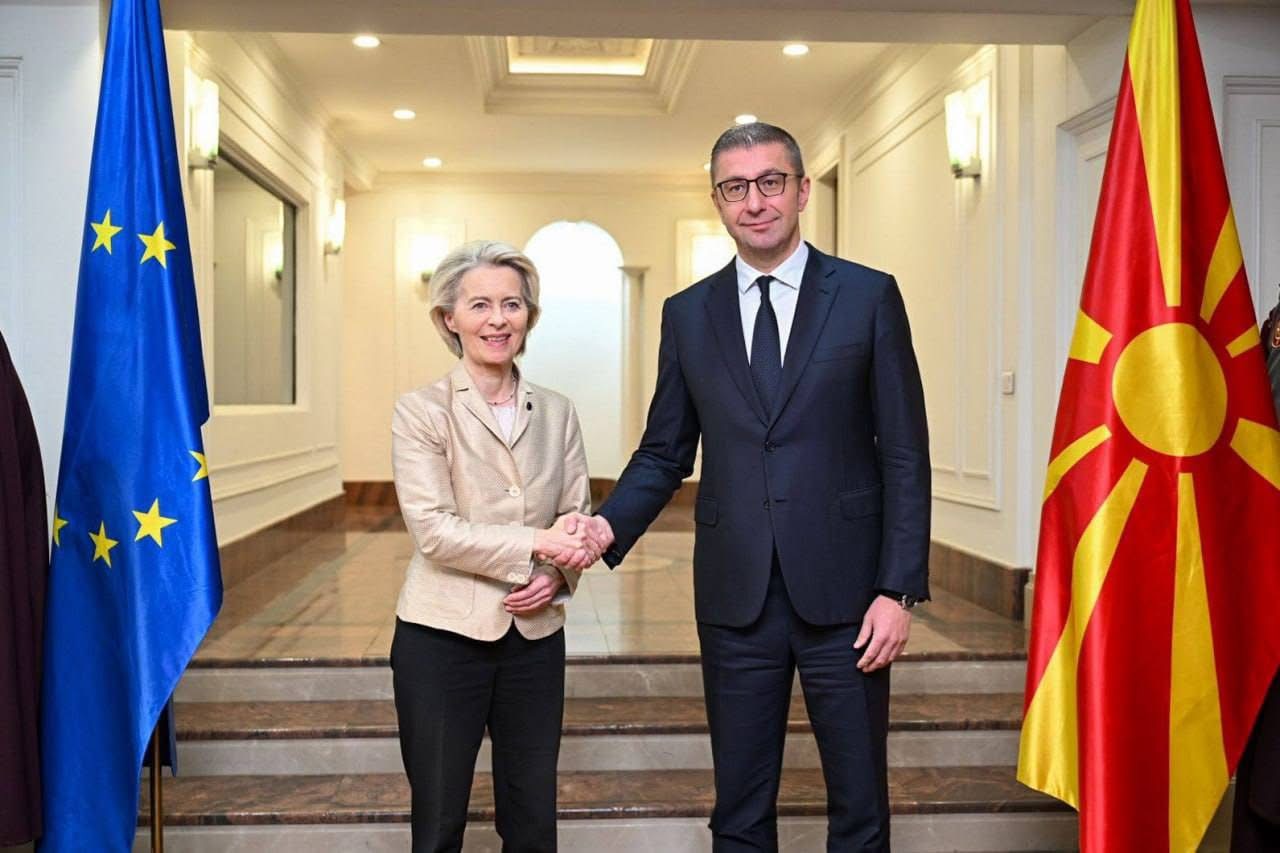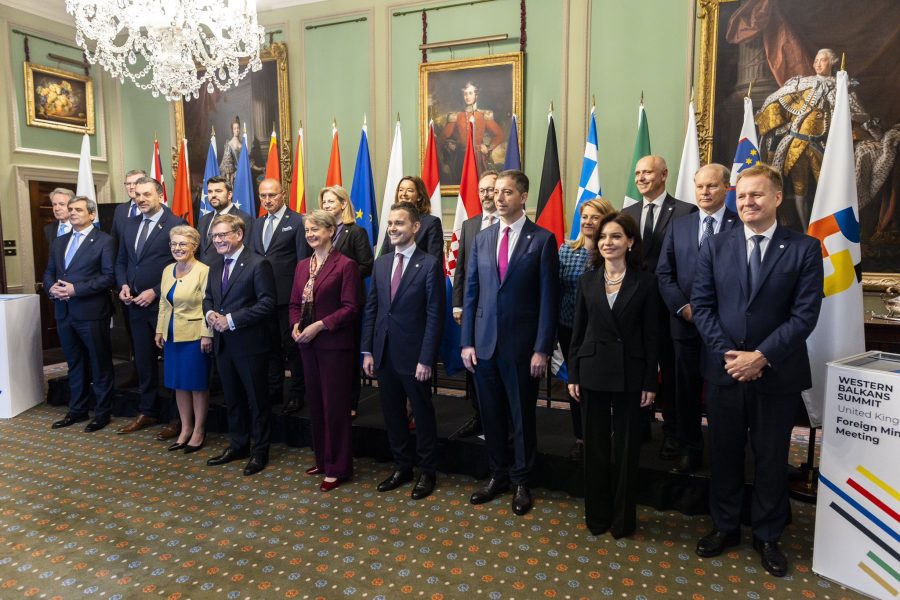Regional Cooperation Council (RCC) Secretary General Amer Kapetanović said on Wednesday that regional cooperation remains the Western Balkans’ “strongest currency” amid growing global uncertainty, speaking at the Berlin Process Foreign Ministers’ Meeting held in Belfast.
The meeting, hosted by UK Foreign Secretary Yvette Cooper, brought together foreign ministers, senior officials and partners from across the Western Balkans and Europe ahead of the Berlin Process Leaders’ Summit later this month in London. Discussions focused on foreign policy, reconciliation, security, migration and regional integration.
“We gather at a time when the global order faces strain and unpredictability. Yet precisely in such times, regional cooperation becomes our strongest currency. Peace, predictability and growth are inseparable — one cannot exist without the other,” Kapetanović said.
He highlighted the RCC’s role in driving practical progress under the Common Regional Market and the EU Growth Plan for the Western Balkans, noting that these initiatives deliver “tangible results” for citizens across the region.
Ministers welcomed visible achievements in regional cooperation, citing the Common Regional Market as an example of how joint efforts can generate concrete benefits. They also stressed the need for full implementation of existing commitments to deepen cooperation across the Western Balkans and Southeast Europe.
“The Common Regional Market is not just an economic project; it is a political commitment to build a space of trust, transparency and shared prosperity. Every step we take towards deeper integration — from ‘Roam Like at Home’ and mutual recognition of professional qualifications to the first SEPA payment between the EU and our region — brings the Western Balkans closer to Europe in a tangible way,” Kapetanović said.
He also outlined the RCC’s coordination of key deliverables to be presented at the upcoming London Summit, covering areas such as green finance, sustainable investment, financial literacy, taxonomy alignment, tourism branding, and the Green Agenda for the Western Balkans with its revised Action Plan.
“These initiatives link economic integration with social justice, green transition and human mobility, showing that our cooperation touches every aspect of citizens’ lives,” he said.
Kapetanović also emphasized the importance of regional security cooperation, political ownership and timely implementation of agreements, particularly in the fields of mobility and mutual recognition.
“Regional cooperation is not only preparation for EU membership — it is a rehearsal for how we will act once inside the Union,” he concluded.
The Belfast meeting set the stage for the Berlin Process Leaders’ Summit later this month in London, which will focus on advancing regional integration and accelerating the Western Balkans’ path towards the European Union.



